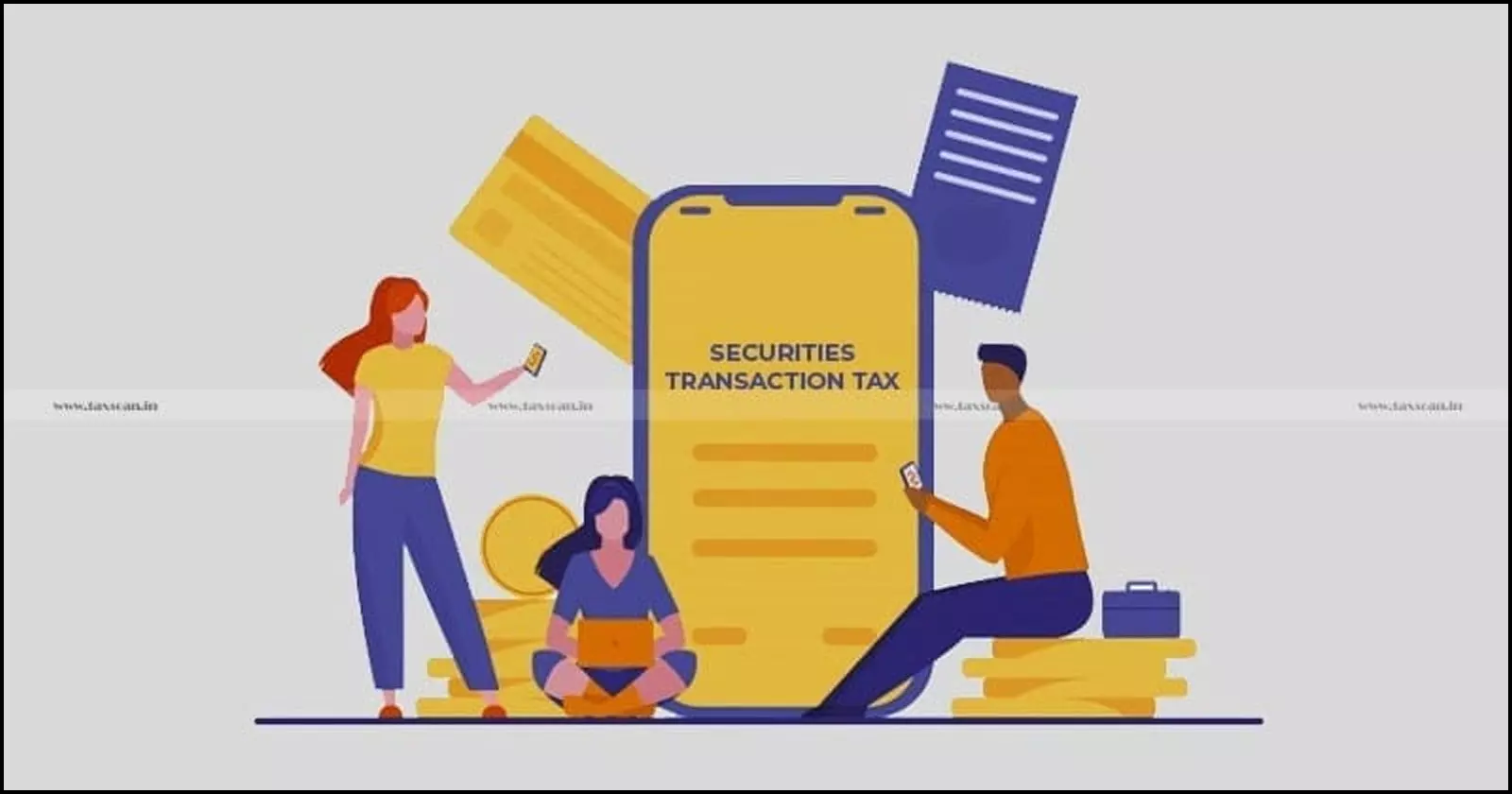Constitutionality of Securities Transaction Tax: Supreme Court to Hear Matter, Issues notice to Centre
As the petition was filed and admitted by the apex court, it is expected that there will be clarification on the constitutionality of the STT. The court has issued notice to the government.

The Supreme Court of India will examine the constitutional validity of the Securities Transaction Tax (STT), a levy imposed on trades carried out through recognized stock exchanges.
The tax was introduced under the Finance Act, 2004 and is collected on both purchase and sale of securities, irrespective of the outcome of the transaction.
A Bench composed of Justice J.B. Pardiwala issued notice to the Union Government, specifically to the Ministry of Finance, in response to a writ petition filed by investor and trader.
The petitioner contended that the tax infringes fundamental rights guaranteed under the Constitution, including the right to equality (Article 14), the freedom to practice any trade or occupation (Article 19(1)(g)), and the right to life with dignity (Article 21).
According to the petitioner, traders already pay capital gains tax on profits earned in the securities market. Levying STT on the same transaction amounts to taxation twice on the same income stream.
As the petition was filed and admitted by the apex court, it is expected that there will be clarification on the constitutionality of the STT. The court has issued notice to the government.
Coming to the Historical background, when STT was introduced in 2004, the stated objective was to curb tax evasion in capital market transactions and replace a more complex system of long-term capital gains taxation.
Over time, the levy has become an established revenue source for the government. Critics, however, argue that while it has simplified collection, it disproportionately affects small investors and frequent traders by raising transaction costs.
If the Court finds merit in the arguments, it could reshape the taxation regulation for securities markets, affecting brokers, traders, and institutional investors alike. Conversely, if the Court upholds STT’s validity, it may strengthen the government’s hand in levying similar transaction-based taxes.
The Ministry of Finance has been asked to respond to the notice. The matter has been listed for hearing on 7th November 2025, tentatively.
Support our journalism by subscribing to Taxscan premium. Follow us on Telegram for quick updates


